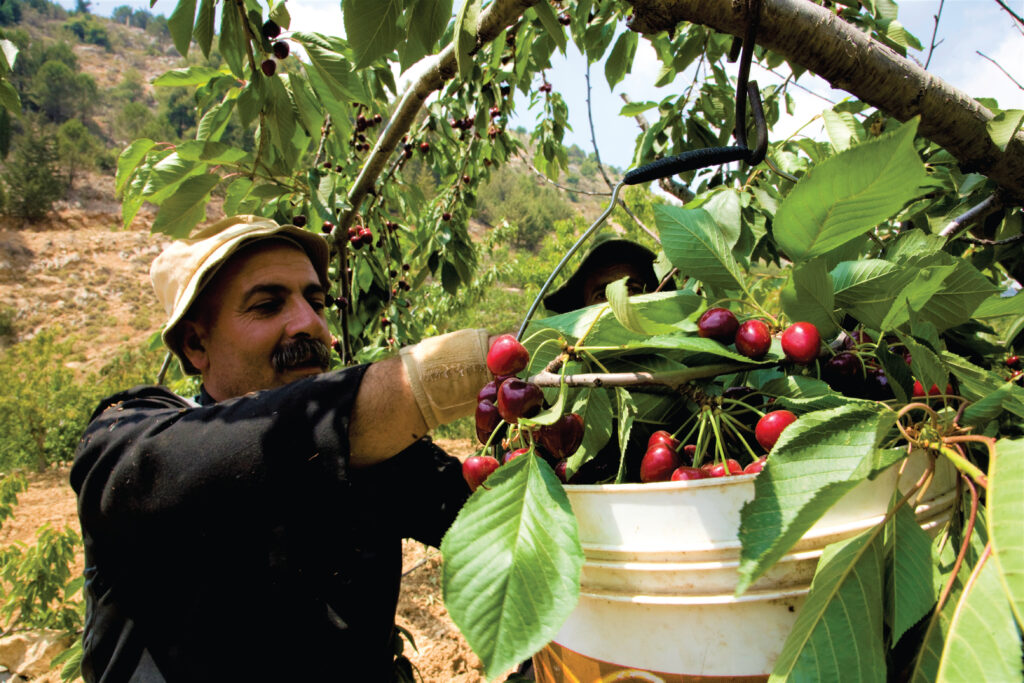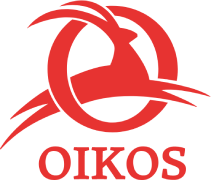Lebanon is home to some of the richest biodiversity in the Mediterranean region. This natural wealth plays a vital role in supporting local livelihoods, especially for communities that rely heavily on agriculture. Healthy ecosystems help regulate the climate, preserve water resources, and maintain soil fertility. But this valuable heritage is under threat from climate change and unsustainable resource use.
To make things more complex, Lebanon is also facing a deepening socio-economic crisis. Chronic political instability has driven up poverty and unemployment rates, while the large number of Syrian refugees—often seen as competing for already scarce resources—has fuelled growing social tensions.
Country
Start Year of Activities
Headquarters
Areas of Work
Projects
SDGs
Headquarters Contacts

What we do in Lebanon
Oikos began working in Lebanon in 2016, starting in the Shouf Biosphere Reserve, the largest protected area in the country and in the wider Middle East. We’ve since expanded our efforts to other protected areas, particularly the Jabal Moussa Biosphere Reserve and several key biodiversity hotspots. These areas are crucial to the country’s agricultural productivity, water storage, and forest resources—but current management practices are not enough to ensure their long-term sustainability.
Our work focuses on:
- Ecosystem restoration and biodiversity conservation
In regions where water scarcity threatens the survival of farming communities, we promote regenerative, low-impact agricultural techniques that require less water and reduce reliance on
chemical inputs. We also support the use of alternative energy sources to power irrigation systems. - Sustainable management of natural reserves
We help design and improve land-use and conservation plans for Lebanon’s protected areas—so that these ecosystems can continue providing vital services to local communities. - Environmental education
Together with teachers in Beirut and the Shouf region, we’ve developed an innovative programme that finally brings environmental issues into the school curriculum. Since 2023, we’ve added a humanitarian component to our work, in response to the country’s deepening
crisis. We’re currently working to deliver relief aid to vulnerable communities in areas around Beirut, with a special focus on supporting women, children, and the elderly.
In a country where religion plays a central role in daily life, we also promote social cohesion through peace education and inclusion initiatives, particularly in schools, to help bridge divides between religious minorities and host communities.
